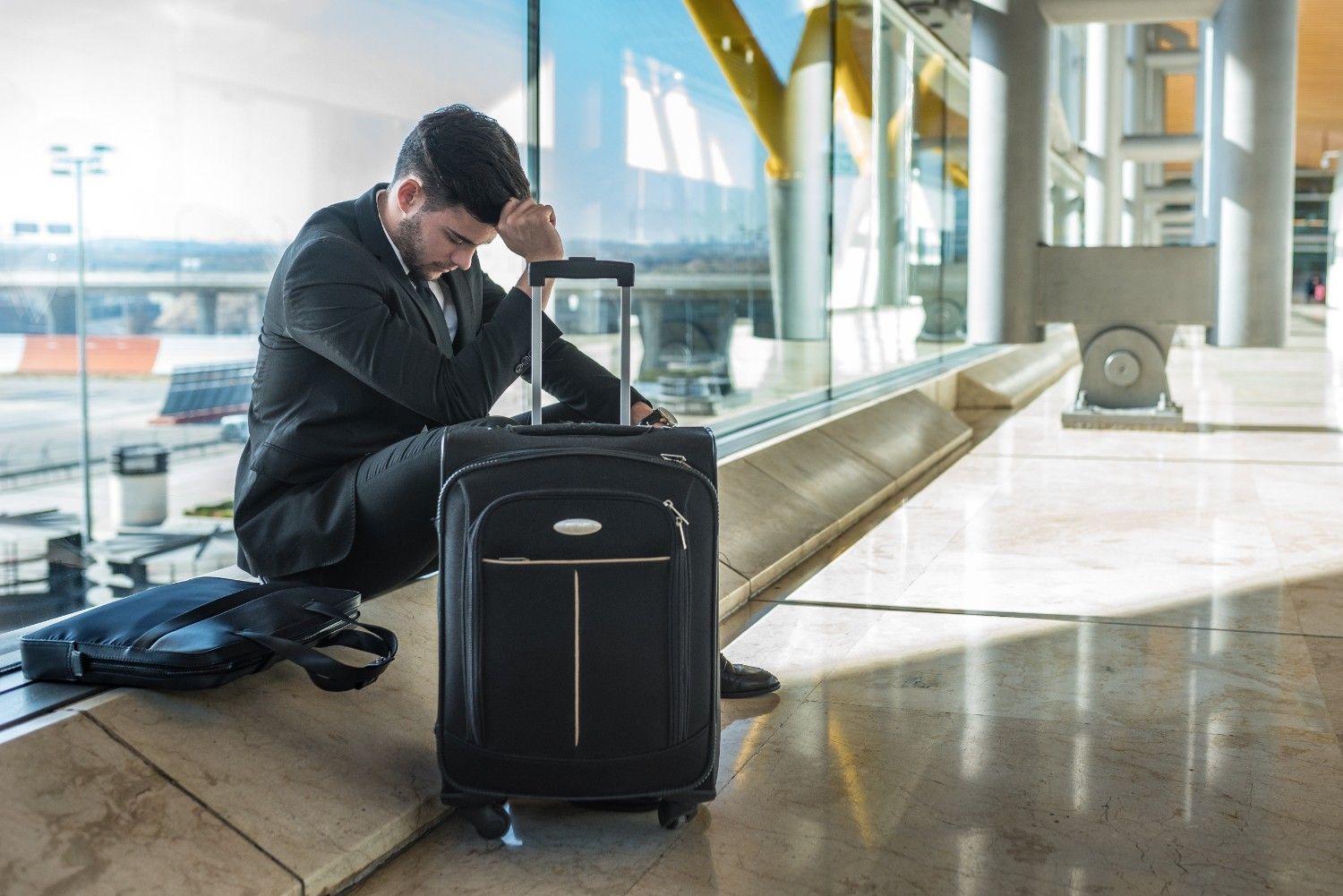How to overcome jet lag: A comprehensive guide

Jet lag, the bane of every globetrotter's existence, remains an enigma for many travelers. The disorientation that accompanies crossing multiple time zones can wreak havoc on one's internal clock, leaving them fatigued and out of sync with their surroundings. But fear not, for understanding the causes and symptoms of jet lag is the first step towards mitigating its effects and reclaiming control over your travel experience.
What is Jet Lag?
Jet lag isn't merely a case of feeling tired after a long flight; it's a disruption of the body's circadian rhythm, the internal clock that regulates sleep-wake cycles. When travelers swiftly traverse different time zones, this biological clock struggles to adjust, leading to a myriad of symptoms ranging from sleep disturbances to irritability and digestive issues.
Symptoms and effects of jet lag
The hallmark symptom of jet lag is disrupted sleep patterns. Despite the exhaustion from travel, many find themselves unable to fall asleep or stay asleep during the night, only to battle daytime fatigue and grogginess. This lack of restorative sleep can impair cognitive function, leading to difficulties in concentration and decision-making. Furthermore, jet lag can exacerbate existing conditions such as migraines and gastrointestinal discomfort, further dampening the travel experience.
Prevention strategies
While complete avoidance of jet lag may be elusive, there are several strategies travelers can employ to lessen its impact. Gradually adjusting sleep schedules a few nights before departure can help acclimate the body to the new time zone. Similarly, syncing meal times with the destination's schedule can aid digestion and promote a smoother transition. Opting for westward travel, where the day lengthens, can also ease the adjustment process compared to traveling eastward, where hours are lost.
Managing jet lag
Upon arrival at your destination, resist the urge to succumb to a midday nap, as exposure to natural light is crucial in resetting the body's internal clock. Instead, engage in light physical activity and aim to stay awake until local bedtime to expedite adjustment. Additionally, allowing for a buffer period of relaxation upon arrival can afford the body the rest it needs to recuperate from the journey.
Tailoring solutions to your travel
The severity of jet lag varies from individual to individual, influenced by factors such as age, health, and travel frequency. Therefore, it's essential to tailor solutions to fit your specific needs and circumstances. For frequent travelers or those embarking on short trips, maintaining consistency in sleep and meal times across time zones can help minimize disruptions to the body's natural rhythm.
While jet lag may seem like an inevitable companion on long-haul journeys, armed with knowledge and proactive strategies, travelers can mitigate its effects and reclaim control over their travel experience. By understanding the underlying mechanisms of jet lag and implementing preventative measures, you can arrive at your destination feeling refreshed and ready to embrace new adventures. So, the next time you find yourself crossing continents, remember: with a little preparation and patience, jet lag doesn't have to steal the spotlight from your travel escapades.
Latest posts
Flight delays and cancellations in July 2025
Check which flights were delayed in July 2025 – you may still be entitled to claim up to 600 € in compensation.
Flight cancellations and delays in March 2024
Check which flights were delayed in March 2024 – you may still be entitled to claim up to 600 € in compensation.
Flight cancellations and delays in February 2024
Check which flights were delayed in February 2024 – you may still be entitled to claim up to 600 € in compensation.












